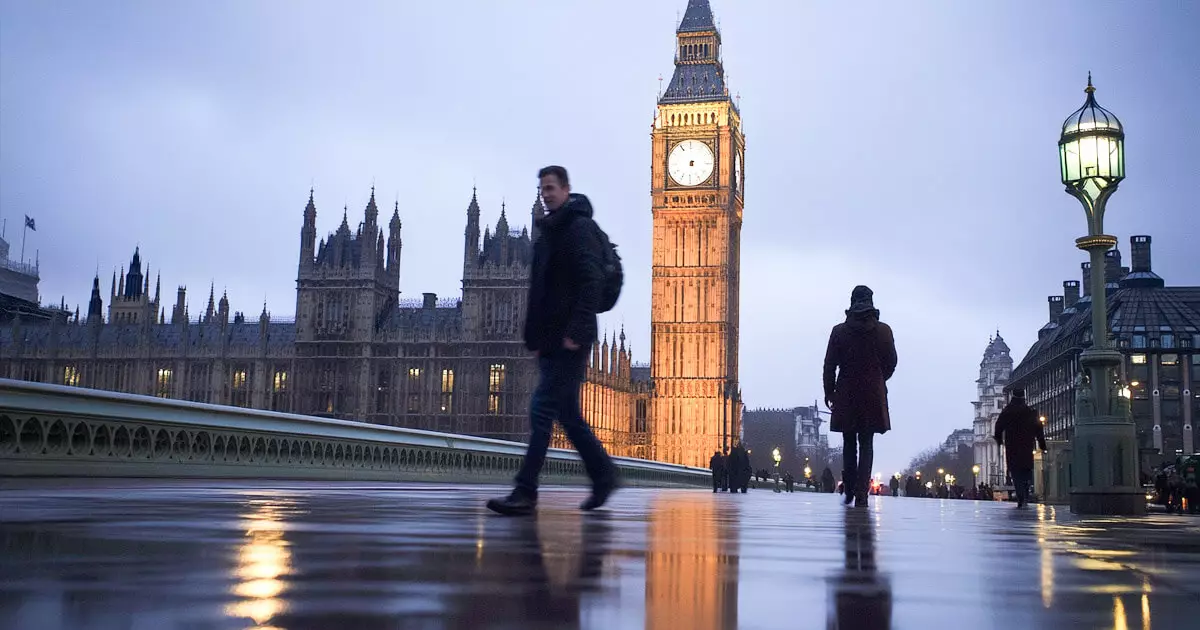In a groundbreaking initiative, the UK’s Financial Conduct Authority (FCA) and the Bank of England have unveiled the next phase of their Digital Securities Sandbox (DSS). This effort aims to integrate distributed ledger technology (DLT) and tokenized securities into the fabric of traditional financial markets. As this sandbox becomes operational until December 2028, it promises a significant transformation in how financial transactions are conducted, enabling firms to innovate while working within a structured regulatory framework.
The Objectives of the DSS
The DSS sets out to accomplish several key objectives: enhancing market efficiency, bolstering transparency, and ensuring resilience within the financial sector. By fostering an environment conducive to research and pilot projects focusing on DLT applications, the initiative positions the UK as a potential global leader in financial innovation. Financial technologies have become paramount in modern banking, and this sandbox serves as a testing ground for firms eager to push the boundaries of financial instruments.
One of the unique aspects of the DSS is its phased approach, known as “gates.” Firms can gradually increase their engagement levels in accordance with their progress through these gates. This systematic progression not only fortifies regulatory oversight but also provides companies with the freedom to innovate without the immediate pressures of conventional compliance requirements.
As firms advance through the DSS, they will have the opportunity to engage in the issuance, trading, and settlement of genuine digital securities after successfully navigating Gate 2. These digital securities are meticulously designed to align with traditional financial instruments, thereby facilitating their use in diverse financial operations, such as repurchase agreements and derivative contracts. This innovative design underscores the inherent compatibility between new technologies and established financial norms.
Eligible instruments span a wide array, including equities, bonds (both corporate and government), fund units, and even emissions allowances. The flexibility and inclusivity of the DSS cater to firms at various development stages, enabling both established financial institutions and new entrants to partake in this cutting-edge exploration.
An Engaging Environment for All Firms
Crucially, the application process for the DSS is open to a diverse range of UK-based firms. This inclusivity reflects an understanding of the evolving financial landscape and the need for agility in regulatory processes. By encouraging applications until approximately March 2027, the FCA and the Bank of England are allowing ample time for firms to adapt and prepare for a potentially permanent regime that reflects the successful implementation of DLT.
Moreover, the DSS welcomes feedback and actively encourages dialogue between the regulators and industry participants. This collaborative atmosphere is vital for refining the policies that govern the sandbox, thereby ensuring they remain relevant and effective in the face of rapid technological advancements.
In tandem with the launch of the DSS, the FCA and the Bank of England released Policy Statement PS24/12, reflecting a responsive regulatory framework. This statement outlines the final policy approach and incorporates amendments based on industry feedback received during earlier consultations. For example, the expansion of eligible assets to include non-pound sterling-denominated assets demonstrates a commitment to diversity and accessibility in the sandbox environment.
Further adjustments include implementing a more adaptable method for setting firm-specific limits, using ranges instead of fixed benchmarks during the go-live phase. This flexibility is crucial in a rapidly evolving sector where market dynamics can fluctuate dramatically. Additionally, the reduction of the minimum capital requirement for Digital Securities Depositories (DSDs) illustrates the proactive stance of regulators in encouraging participation.
Concluding Thoughts
In essence, the DSS represents a significant advancement in exploring the potential of blockchain and other emerging technologies within the UK financial ecosystem. This initiative elevates the conversation around innovation, all while emphasizing the paramount importance of safeguarding financial stability and maintaining market integrity.
While the focus on DLT suggests a willingness to embrace technological progress, it is crucial to clarify that the UK does not endorse the decentralized ethos affiliated with the Web3 movement. Instead, the DSS aims to harness the benefits of digital innovation within the confines of a structured and stable financial environment, ensuring that the UK remains at the forefront of global financial innovation as the sector evolves.



Leave a Reply